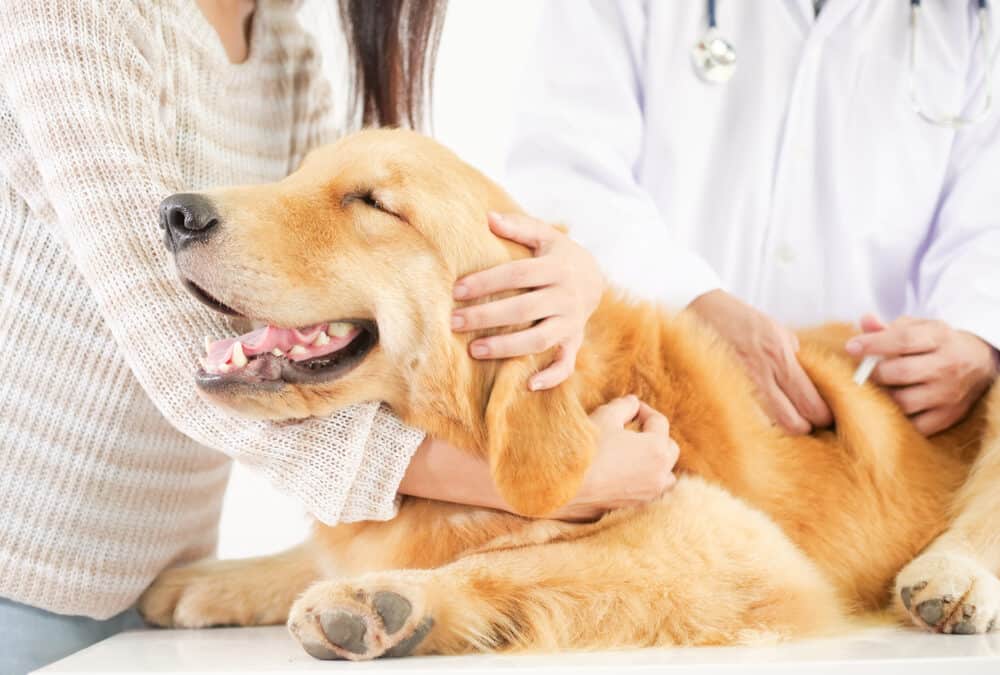
Importance of Pet Vaccinations
As a responsible pet owner, it is crucial to understand the importance of vaccinations for your pets. Vaccinations play a vital role in safeguarding the health and well-being of your furry friends. They protect them from various contagious and potentially deadly diseases. By vaccinating your pets, you not only ensure their individual health but also contribute to the overall community and public health.
Vaccines work by stimulating your pet's immune system to recognize and fight against specific diseases. They contain small amounts of weakened or inactivated viruses or bacteria that prompt an immune response in your pet. This response leads to the production of antibodies, which provide immunity and protect your pet from future infections.
Pet Vaccinations help prevent the spread of diseases among pets, reducing their transmission within the animal population. This is particularly important in environments where animals frequently interact, such as parks, boarding facilities, and grooming salons. By keeping your pets up to date with their vaccinations, you contribute to creating a safer and healthier community for all.
Some common diseases that can be prevented through vaccinations include:
- Rabies: This viral disease affects the central nervous system and is often fatal. It can be transmitted to humans as well, posing a significant public health risk.
- Canine Distemper: A highly contagious viral illness that primarily affects dogs. It attacks the respiratory, gastrointestinal, and nervous systems, leading to severe illness or death.
- Feline Leukemia: This viral disease affects cats and weakens their immune systems. It can result in various health issues, including anemia, infections, and even cancer.
- Parvovirus: An extremely contagious virus that mainly affects dogs. It causes severe gastrointestinal distress and can be particularly dangerous for puppies.
Responsible Pet Care
Responsible pet care encompasses various aspects, from providing proper nutrition and regular exercise to grooming and medical attention. Vaccinations are an essential component of responsible pet care, ensuring the long-term health and well-being of your pets.
Consult your veterinarian to determine the appropriate vaccination schedule for your pets. Vaccination protocols may vary based on factors such as your pet's age, medical history, and lifestyle. Your vet will provide expert guidance on which vaccines are necessary and when they should be administered.
It is important to note that vaccinations are not just a one-time event. Many vaccines require regular boosters to maintain their effectiveness. Your veterinarian will advise you on the frequency of booster shots to ensure your pet's continued protection.
In addition to vaccinations, responsible pet care involves proper parasite control, such as flea and tick prevention, heartworm prevention, and regular check-ups for overall health assessments. Remember, prevention is always better than cure, and by prioritizing preventive measures, you can help your pet lead a healthier and happier life.
Responsible Pet Ownership
Being a responsible pet owner goes beyond fulfilling basic needs like food, shelter, and water. It entails providing love, attention, and appropriate medical care for your pets. Vaccinations are an integral part of responsible pet ownership that should not be overlooked.
When you choose to bring a pet into your life, you also take on the responsibility of protecting their health and ensuring their safety. Vaccinations not only protect your pet from harmful diseases but also protect other animals and people your pet may come in contact with. By vaccinating your pets, you demonstrate your commitment to keeping them and the surrounding community safe.
Additionally, some jurisdictions require certain vaccinations by law, such as rabies vaccinations for dogs. Complying with these legal requirements not only avoids penalties but also contributes to public health initiatives and the prevention of disease outbreaks.
Responsible pet ownership also includes spaying or neutering your pets to control the population and reduce the number of unwanted animals. By doing so, you actively participate in preventing overpopulation and minimizing the burden on animal shelters and rescue organizations.
In conclusion, as a responsible pet owner, it is crucial to understand the benefits of vaccinating your pets. Vaccinations protect your pets from various diseases and contribute to the overall health and safety of the community. Responsible pet care and ownership involve providing proper medical attention, which includes regular vaccinations and preventive measures. By prioritizing these aspects, you ensure a healthier and happier life for your beloved pets and contribute to a safer environment for everyone.


























